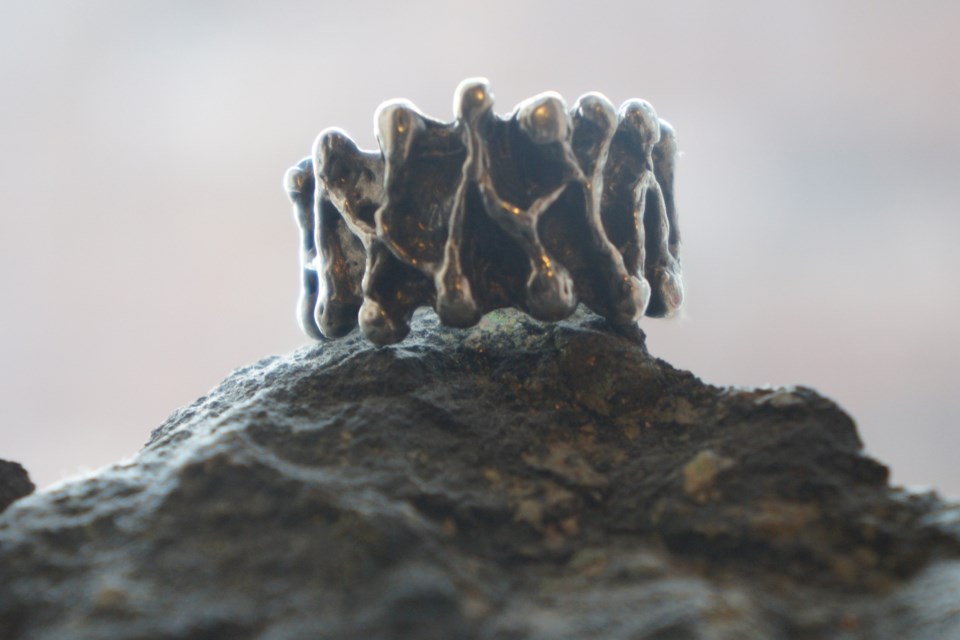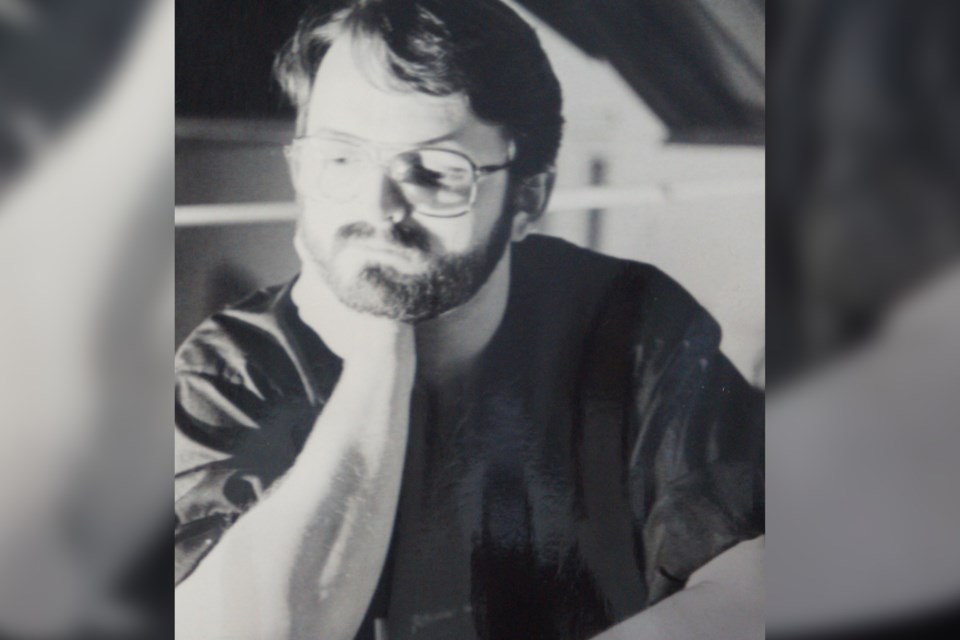Today, Dec. 1, is World AIDS Day. A day to remember the pandemic that is HIV and AIDS, which has taken the lives of more than 35 million people over 40 years, and a day that always makes me think of my Uncle Garry.
His life, and death, were the first time it occurred to me that not everyone in the world will want to help you. It’s not that they will actively hurt you, but that some will ignore an issue so it doesn’t feel real. Some things are too scary to be real, unless they are in your own life.
For Garry, the “real” everyone wanted to ignore was his HIV diagnosis.
But this year, the memories came earlier when I got a special item in the mail a few months ago, from a childhood boyfriend I was terribly in love with, and I’ve been thinking of my uncle since. When my uncle died, he left me a few things, including a pair of ballet slippers worn and signed by iconic Canadian ballet dancer, Karen Kain. There was great jewelry, some of which I still wear today; but also, an almost-exact replica of my father’s wedding ring. My parents told me at the time Garry liked my father’s ring so much he had one made for himself, but Garry’s was larger and in silver.

I claimed it immediately.
Of course, I was also young, and I can admit, very stupid, and I gave away that ring in a bout of young love.
I’m terribly lucky that boyfriend recently sent it back to me, finding it as he went through some items. He messaged to ask for my address, and sent it back to my grateful hands.
Though it fits me better now than it used to, it’s a little big. In fact, I think huge is the better word.
But so was the personality of the person who wore it.
I am a bit of a “personality” myself, and it feels like a tie between the two of us, a continuance, if it’s possible.
I am lucky enough to learn from many cultures in my work, and privy to ceremonies and knowledge that not everyone gets. Sometimes, it sticks with me, marinating in my brain.
I was struck when an Anishnaabe elder spoke of their tradition, a way of thinking: be a good ancestor.
I could write a treatise on the way that concept has changed me since.
And now, as I think about Garry, I see what a good ancestor he was, even if he didn’t know how much he would change me.
If I can do anything now, it is to be a good ancestor, and to make sure the world that Garry was forced to leave doesn’t push anyone else out.
That’s why I write to you now, on World AIDS day; there are still vulnerable people being ignored.
We have come so far as a nation in supporting those with HIV and AIDS, coming so close to a cure that with the proper mix of medications, one can live a long life with the virus.
In fact, 37 million people globally currently do.
Not only that, but when the amount of HIV in your blood is suppressed with these medications, reducing what’s known as your viral load, a person with HIV can become “untransmittable” - they cannot pass the virus to others.
But that level of health care isn’t for everyone in Canada. Though there are many who know they have the virus, they are unable to access the treatments required for socio-economic reasons. While there are some financial support programs available, they must be navigated, which leaves out the vulnerable and marginalized populations.
Once again, there is a segment of the population that is being ignored.
CATIE (Canadian AIDS Treatment Information Exchange) states that AIDS can be ended as a public health threat if the focus is moved towards funding community groups who work with vulnerable and marginalized communities, not just for testing, but health care and treatment options.
Additionally, they point to a focus on the social determinants of health to ensure that each person living with AIDS has the opportunity for a safe and supported life.
Each year on this day, I think of my Uncle Garry. I think of all the ways he could have made this world greater, had he not had to leave.
So this year, I will recommit to ensuring that the populations of our city who are used to being ignored are not, and that the world will not lose another “personality” like Garry.
For more information, there are organizations in Sudbury that support those living with AIDS and HIV, including community groups such as Réseau ACCESS Network and Ontario HIV AIDS Strategy (OAHAS).
Jenny Lamothe covers vulnerable and marginalized communities for Sudbury.com.
